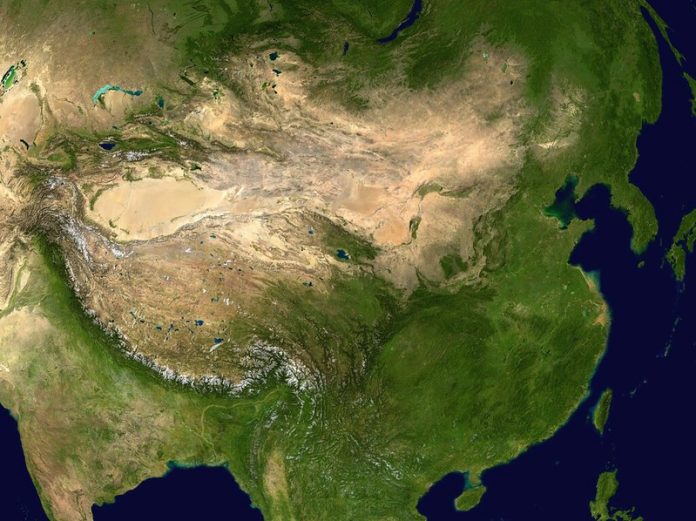State-owned Chinese solar developer revealed in its annual results that, among a slew of impairment write-downs which capsized it to a RMB3.6 billion (US$508 million) net loss in 2019, it is facing the loss of more than a billion renminbi related to project rights deposits paid to third-parties for which it set down no means of redress if the facilities never materialized.
In annual figures published late last month, the developer – which resorted to a HK$1.79 billion (US$231 million) bail-out from state-owned Beijing Energy Group in February – announced more than RMB4 billion in impairment charges for last year.
Those write-downs included RMB1.02 billion paid in investment deposits to unidentified third parties in 2017 to secure potential future project rights. Astonishingly, the Panda Green unaudited figures state that, after no progress was seen: “Management of the group was uncertain about the progress of the projects’ acquisitions or the ability of refund from these parties should the relevant projects cannot [sic] go ahead.” The report goes on to state legal letters have been issued demanding refunds but “management of the group was not optimistic for the recovery and the group has recognized an impairment charge on investment deposits of approximately RMB1,022 million during the year.”
Impairments
That was just part of a tale of woes related to the various impairments, which included a RMB1.01 billion hit on solar project development rights and RMB545 million for projects acquired in June 2013 for which the Chinese government has since quoted a reduced ‘benchmark’ figure to guide developers who will have to bid for the subsidy level. Another RMB200 million was written down because the board was “not optimistic on the recovery of certain financial assets” and further losses were associated with the fire sale of projects Panda Green was forced into as it scrambled to pay down debts and offload associated capital commitments before the Beijing Energy bail-out – referred in the report as the company having “successfully introduced Beijing Energy to be its largest shareholder.” On top of all that, the company estimated it would have to write off RMB756 million from under-performing solar projects in its portfolio.
The company’s woes related to its critical 75% holding in development rights to a 5 GW hydropower project which is still awaiting environmental permit approval brought more pain last year. The government of Tibet, which holds the balance of the rights, reduced the prospective feed-in tariff (FIT) to be paid for the hydroelectricity from RMB0.44/kWh (US$0.062) to RMB0.35 in May 2018 and then revised it down again in June, to RMB0.341. Although that move is only on a trial basis for the rest of this year, the Panda Green board lugubriously stated it had little expectation the FIT would return to RMB0.44.
Borrowing
The Beijing Energy bail-out – the latest in a line of cash injections from Chinese state-owned entities – permitted the developer to long-term bank borrowings from RMB16.65 billion at the end of 2018 to RMB10.68 billion four months ago and has since seen the major shareholder underwrite US$150 million of new loans from the state-owned China Construction Bank. However, the lines of credit Panda Green was forced to sign up for by the delay of the Beijing Energy investment saw its current borrowings rise from RMB5.42 billion in 2018 to RMB7.58 billion by the end of last year.
With almost all its solar projects in China, state-owned Panda Green’s dependence on the authorities in Beijing was again underlined by the fact 82% of the businesses’ receivables were accounted for by subsidies owed by the State Grid Corporation of China and 17.7% by payments from the Inner Mongolia Power Group Co Ltd.
U.S.-owned analyst Wood Mackenzie yesterday suggested moves to reduce renewable energy subsidies in the Asia-Pacific region should be halted because the Covid-19-related plunge in fossil fuel prices is setting back grid-parity goals for clean energy by years. The Panda Green board will be fervently hoping the folks who draft incentive policy in the corridors of power will have taken note.
Panda Green is set to publish its audited figures by May 15, after taking advantage of a dispensation to postpone the date due to Covid-19 disruption in China.






